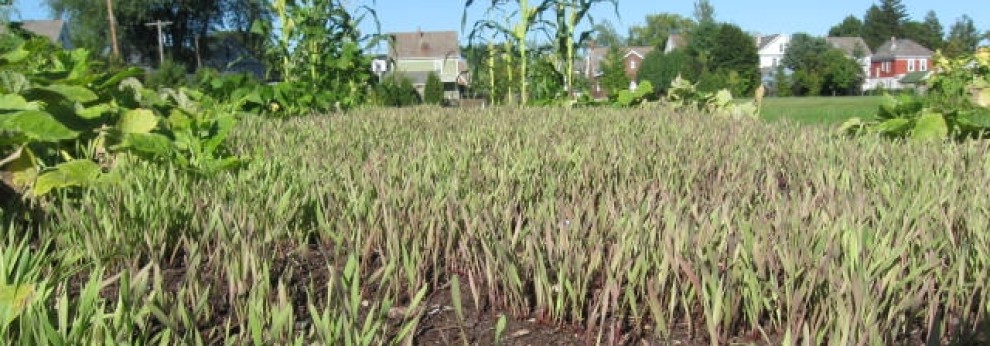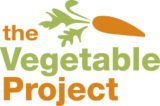We are moving ever so gingerly toward composting fruit and vegetable scraps at Albany High. In time, this could be one of the best things we do.

Decomposition is aided by a mix of nitrogen-rich “green materials,” such as fresh fruit scraps, and carbon-rich “brown” materials, such as dried plant stalks.
How, you wonder, could deadly dull composting ever compare to plucking beans and peas from the vine and popping them right in your mouth? How could it possibly compare with getting kids who say they don’t eat greens to try them and to then to declare that they truly like them? How could it provide the satisfaction of a fall harvest?
Well, we see the initiative as a route to engaging students in conversation about environmental challenges and the role that individuals can play in meeting these challenges. Composting can trim use of fossil fuel-dependent fertilizers. It can save landfill space. And it Continue reading →
 rowing healthy children. Working in schools where academic outcomes are often discouraging, we suspect that healthy, nurturing relationships with adults and educators can make a positive difference.
rowing healthy children. Working in schools where academic outcomes are often discouraging, we suspect that healthy, nurturing relationships with adults and educators can make a positive difference.
 ding and watering? What is the big deal about growing some of our own lettuce and tomatoes, when it’s so cheap in the supermarket?
ding and watering? What is the big deal about growing some of our own lettuce and tomatoes, when it’s so cheap in the supermarket?

 ady.
ady. ng and lawn-mowing we subject hill and dale to in parks and office campuses and at golf courses and schoolyards destroy habitat that plants and animals depend on. And diverse populations of flora and fauna actually are good for the health of our communities and maybe even the sustainability of life on this planet.
ng and lawn-mowing we subject hill and dale to in parks and office campuses and at golf courses and schoolyards destroy habitat that plants and animals depend on. And diverse populations of flora and fauna actually are good for the health of our communities and maybe even the sustainability of life on this planet. much more will soon be on your table — if you start planning your garden now with High Mowing Organic Seeds. Better yet, you can contribute to school gardening in Albany as you plan that garden by buying seeds from the Vegetable Project, which receives a portion of all sales.
much more will soon be on your table — if you start planning your garden now with High Mowing Organic Seeds. Better yet, you can contribute to school gardening in Albany as you plan that garden by buying seeds from the Vegetable Project, which receives a portion of all sales.  But it still serves as a helpful reminder that this is a subject worth considering for a moment.
But it still serves as a helpful reminder that this is a subject worth considering for a moment.

